Rajshahi, July 24 (V7N) — Along the banks of the Padma River bordering India, the Godagari upazila of Rajshahi has emerged as a hub for open drug trade, particularly the illicit sale of Phensedyl—a codeine-based cough syrup widely abused as a narcotic in Bangladesh.
Local residents report that from dawn to dusk, vehicles including private cars, microbuses, and motorcycles regularly stop at specific locations—such as Manikchak, Kudalakati, Alatuli Bogchor, Hakimpur, Swijgate, Loskarhati, Kamarpura, Sultanganj, and others. Here, dealers hand over bottles of Phensedyl directly to customers on the roadside. Sometimes, young users consume the drug immediately inside the vehicle and discard empty bottles before driving off.
Despite the brazen public nature of the trade, local authorities remain largely inactive. Complaints have surfaced alleging collusion between drug syndicates and parts of the local police. While occasional raids have nabbed small-scale distributors, the masterminds or “godfathers” of the trade operate largely unchallenged.
Investigative reports indicate around 35 clandestine Phensedyl factories operate near the border on the Indian side, feeding the supply chain. Due to porous fencing, smugglers easily transport bottles across the boundary, often concealing them in plastic sacks carried over the barbed wire. According to a local drug dealer, approximately 26 border routes are now routinely used as “safe” paths for smuggling Phensedyl into Bangladesh.
The inflow of large-scale consignments continues daily, routing through Godagari into the country’s interior, while smaller batches are sold locally by street-level dealers. Locals claim this illicit market is so entrenched that even sand-loaded trucks—used for transporting riverbed sand—often carry bottles of Phensedyl undetected.
A shopkeeper in Sultanganj described the scene: “Every day new cars arrive, outsiders come, and local young people take bottles through open windows. They drink and then leave. We’re afraid to speak out.”
A local teacher and civic activist warned that the drug is rapidly consuming youth in the area, and many students are dropping out of school to join the trade or user community. He believes that with committed enforcement, daily drug markets like those in Godagari could be shut down.
Despite daytime visibility and community distress, law enforcement has yet to take firm action. One unnamed officer from Godagari law enforcement stated, “We regularly conduct operations, but given the border area complexity, it is challenging to completely stop smuggling. We are planning major coordinated raids based on intelligence soon.”
Local voices demand more than just intermittent arrests of small actors—they call for sustained and strategic action against top-level traffickers. Without such pressure, community leaders warn, the open drug bazaars will persist and attract more youth into addiction.
END/MRA/SMA/



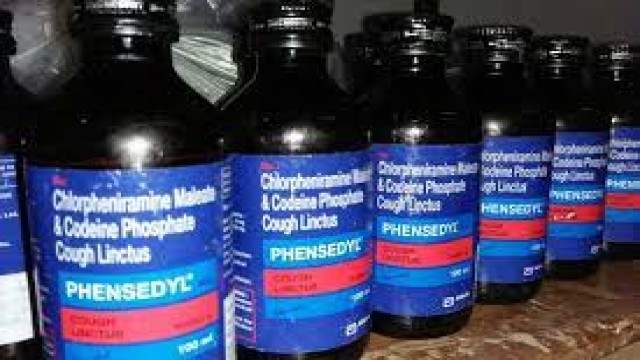
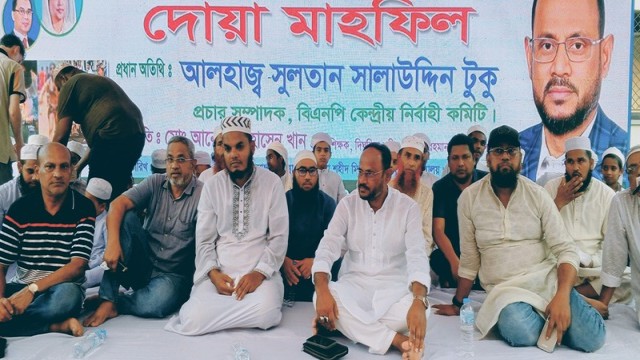
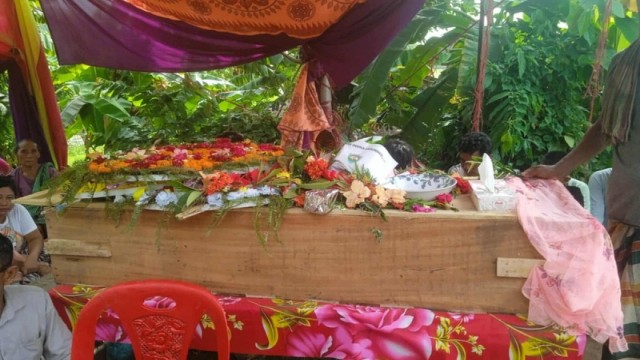
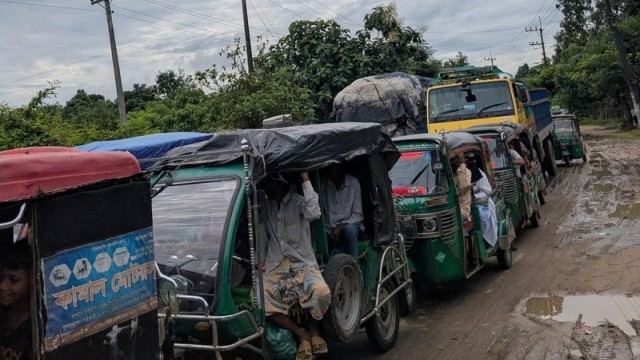
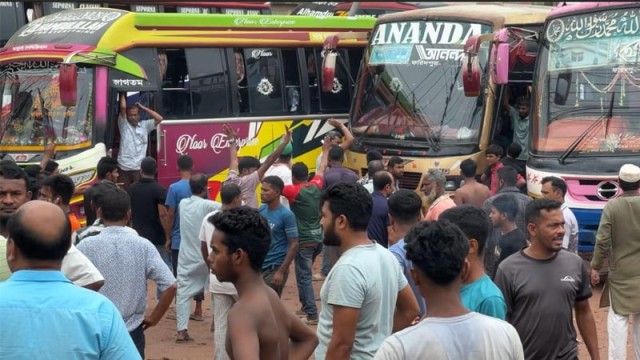
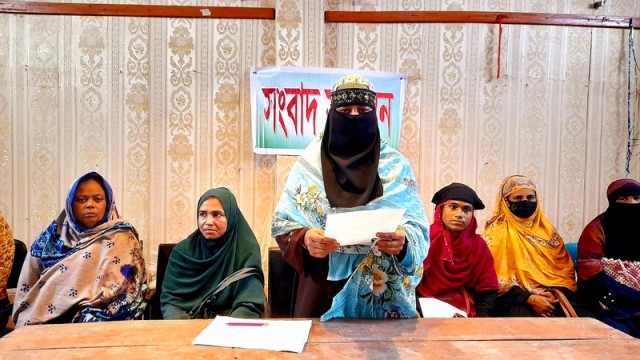
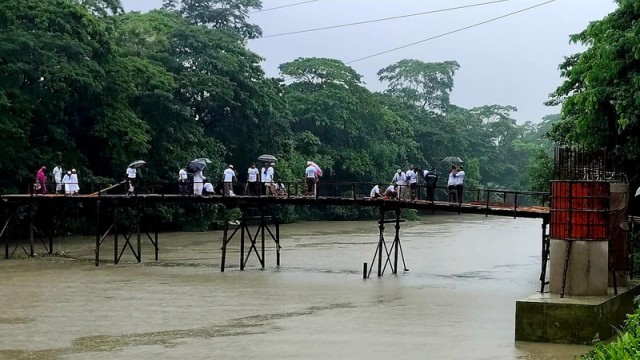
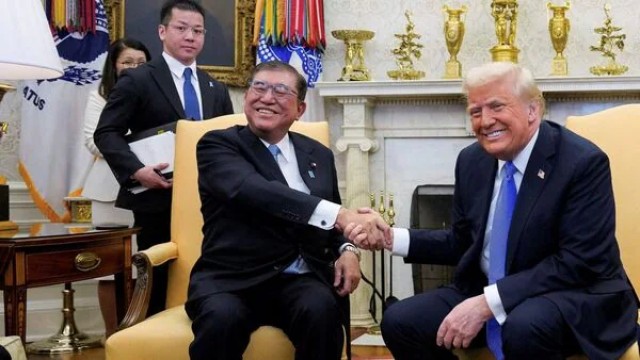
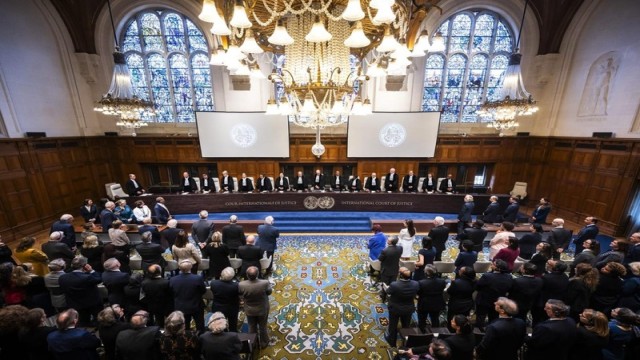
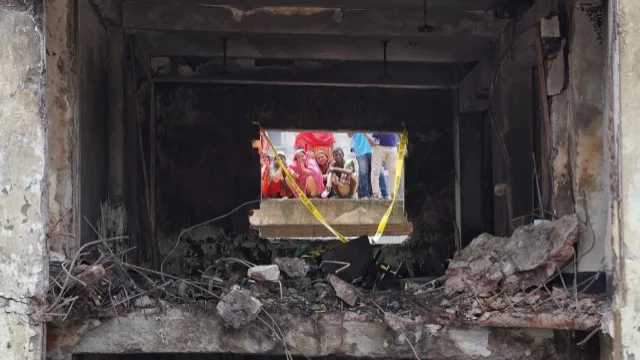
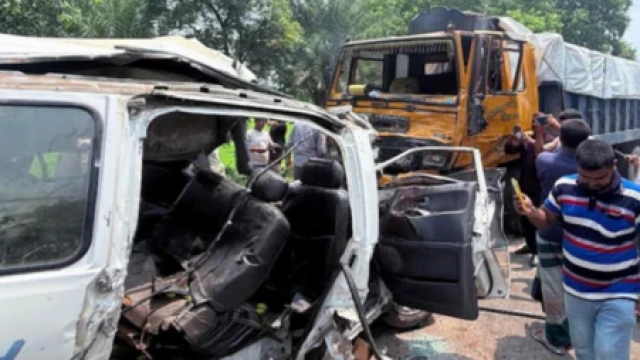
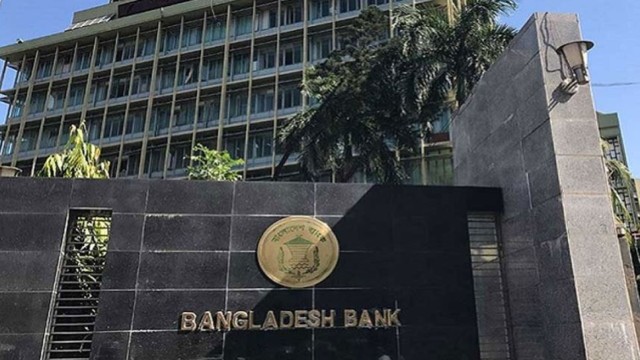
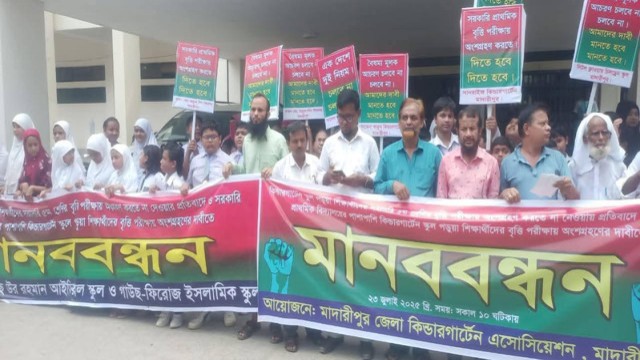
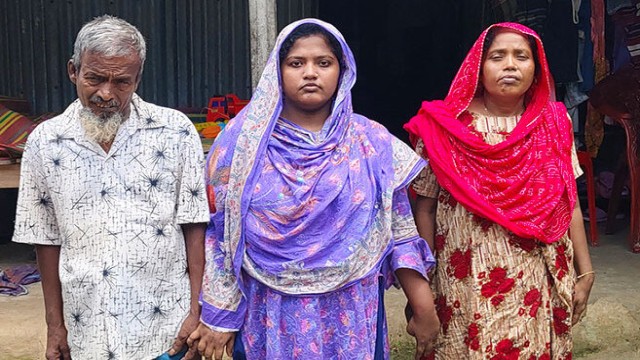
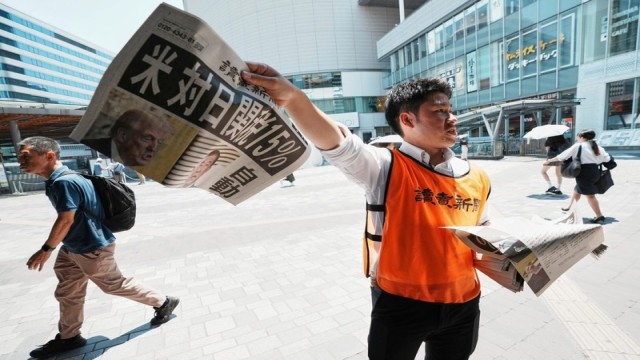


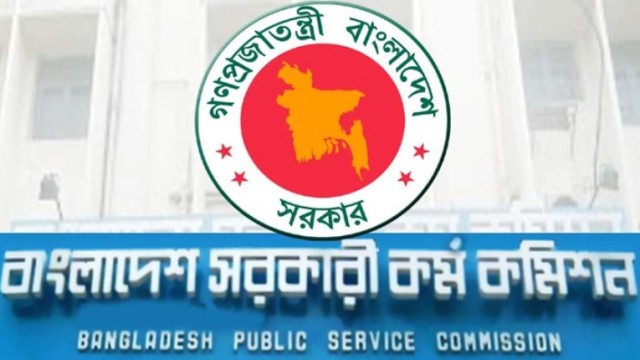
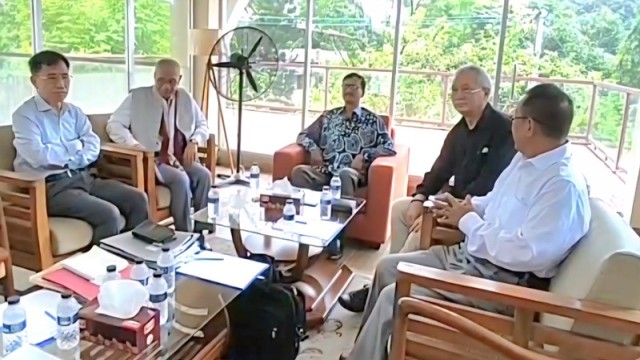
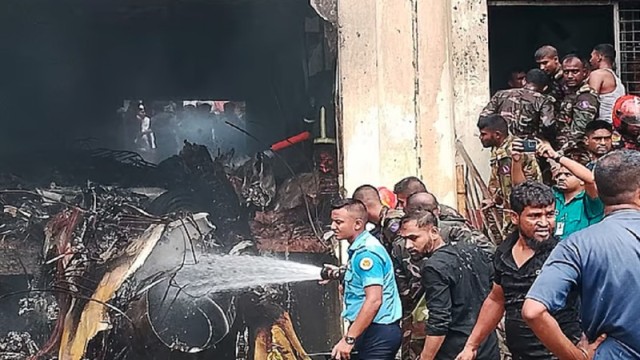

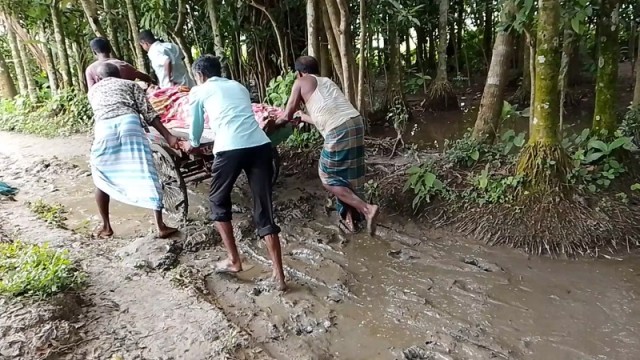
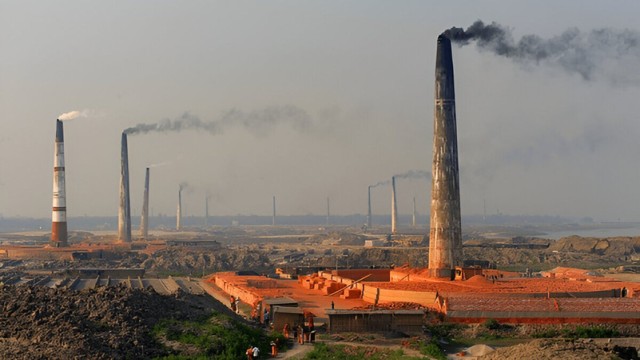
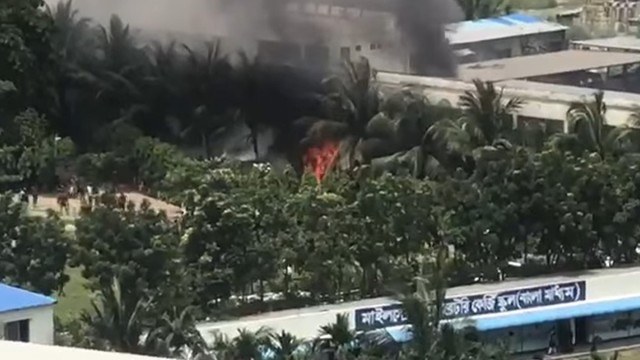
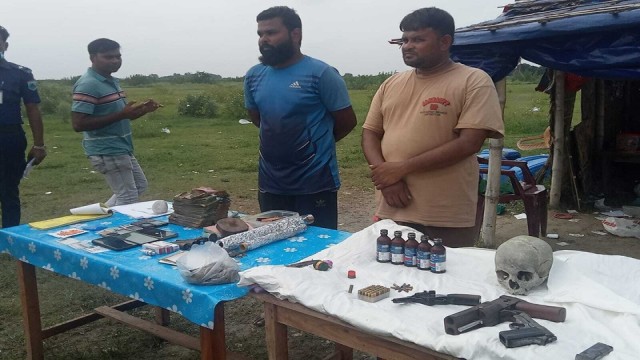
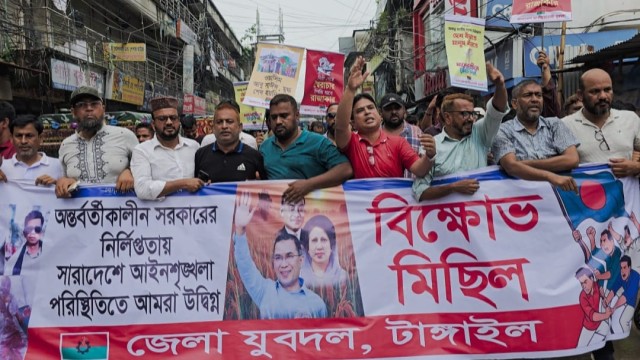
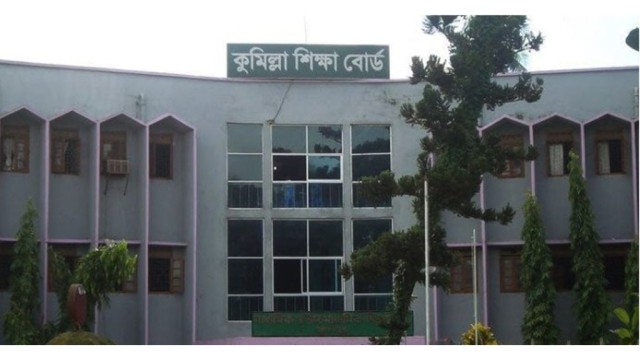
Comment: